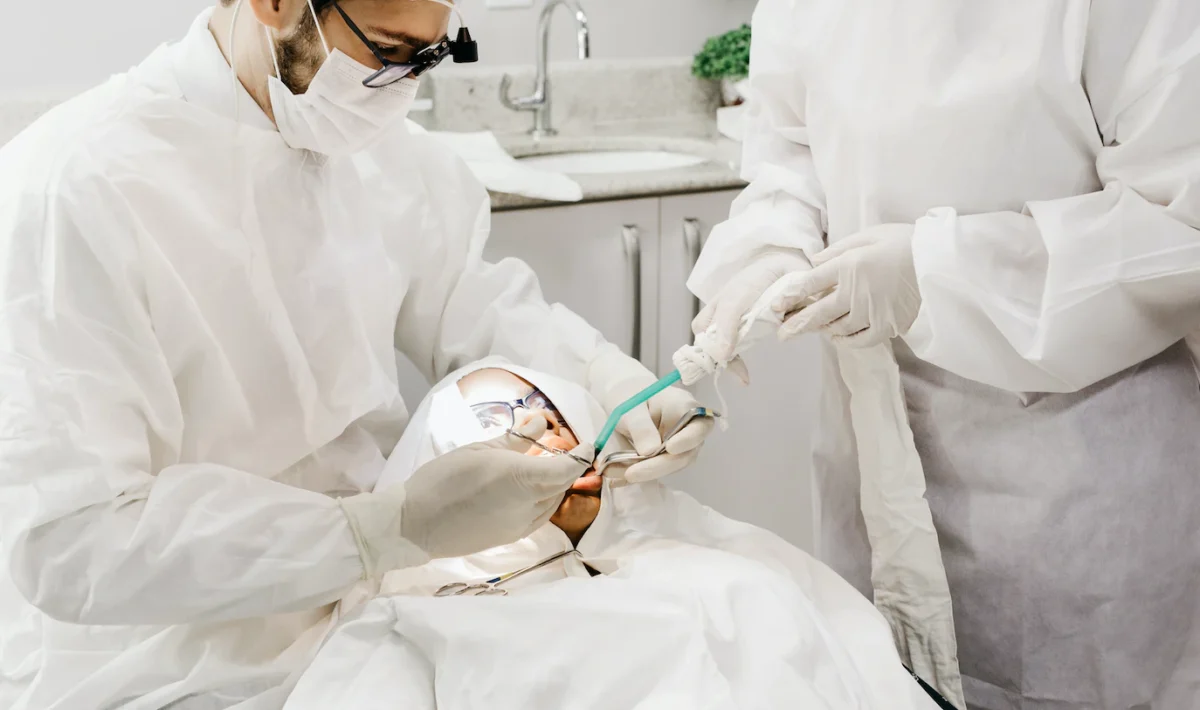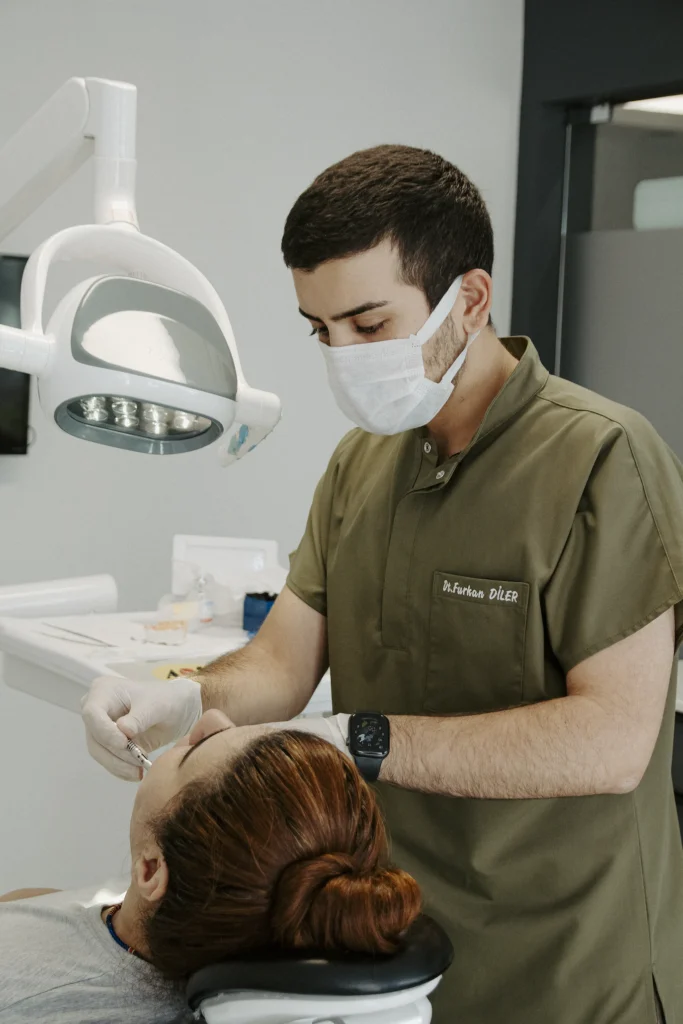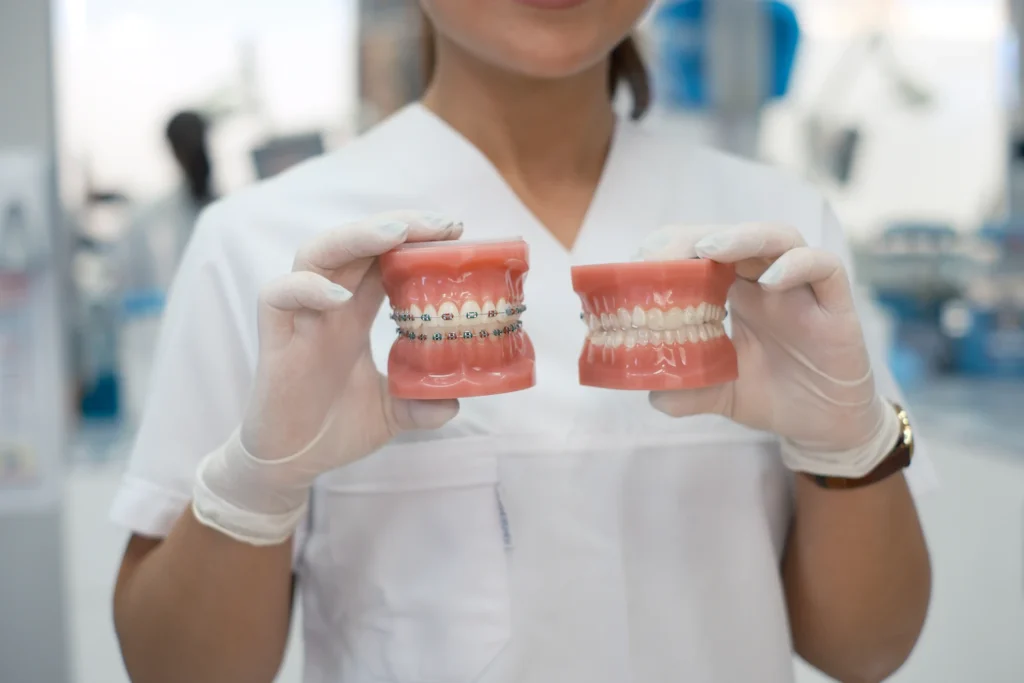As an AS-level graduate myself, I can certainly empathise with the current AS-level learners. From the stress and anxiety of the upcoming exams to the daunting weight of choosing the right career path. Therefore, I thought we could help ease the long hours of googling possible career paths by diving into the dentistry profession.
What is Dentistry?
By definition, dentistry, also known as dental medicine or oral medicine, is a branch of medicine focused on teeth, gums, and the mouth. Similarly, the course involves the study, diagnosis, prevention, management, and treatment of diseases and disorders of the mouth.
What do Dentists do?
Dentists are doctors who specialize in oral health. They diagnose oral diseases, manage oral trauma, and handle other emergency situations. In fact, they also perform surgical procedures on the teeth, bones, and soft tissues of the oral cavity. Additionally, dentists remove tooth decay, fill cavities, and repair fractured teeth and gums.
Furthermore, we may think dentists only work with teeth and gums; however, they actually also specialise in muscles of the head, neck, jaw, and tongue, as well as the nervous system of the head and neck. Similarly, they can detect early warning signs in the mouth that may indicate disease elsewhere in the body.
Where to study Dentistry in Namibia
Dentistry is a five-year course (NQF level 8) studied only at the University of Namibia, at its Hage Geingob Campus, “AKA” School of Medicine, in Windhoek. I’m pretty sure when we hear School of Medicine, we instantly think the only course provided is medicine. However, there are, in fact, multiple excellent courses offered, and dentistry is one of them. Admittedly, dentistry is a relatively new course and had its first graduates this year in April. The course is officially known as the Bachelor of Dental Surgery (BChD).
Admission requirements
In order to be considered for admission to the School of Dentistry, a candidate must have obtained a minimum of 35 points in five subjects on the UNAM Evaluation scale. Moreover, the following subjects and grades will be required:
- English with a minimum of B symbol or better at NSSC Ordinary level (or C symbol with a minimum of 37 points), or a minimum of “C” or better at the NSSCAS level
- Biology with a minimum of a “B” or better on the NSSCAS level
- Physics with a “B” or better at the NSSCAS level
- Chemistry with a “B” or better at the NSSCAS level
- Mathematics with a “C” or better on the NSSCAS level
Career paths in Dentistry
1. Dental technician
Dental technicians help improve teeth and replace lost teeth. They also help dentists by making bridges, crowns, dentures, braces, and other orthodontic devices.
2. Dental hygienist
Dental hygienists educate and motivate patients to take care of their teeth and gums. Likewise, they provide treatments to prevent oral health problems and offer oral hygiene and dietary advice.
3. Dentist
Dentists work with a team of dental nurses, hygienists, and technicians to help treat patients ranging from children to the elderly. The most common role in dentistry is that of a general dental practitioner (GPD).
4. Orthodontist
An orthodontist is a dentist trained to diagnose, prevent, and treat teeth and jaw irregularities. They use fixed, removable dental devices such as braces, retainers, and bands to change the position of teeth in the mouth.
Dentistry is a relatively new course; therefore, this means higher job opportunities for its graduates. It is perfect for anyone interested in the health sector who loves working with people. To learn more about dentistry, check out the School of Dentistry prospectus.
However, this is a 2022 prospectus; thus, for the most accurate answers to any questions you may have, please visit the Hage Geingob Campus in Khomasdal Windhoek, Bach Street.








Keep writing until you get a bigger audience it’s very good for your health ????